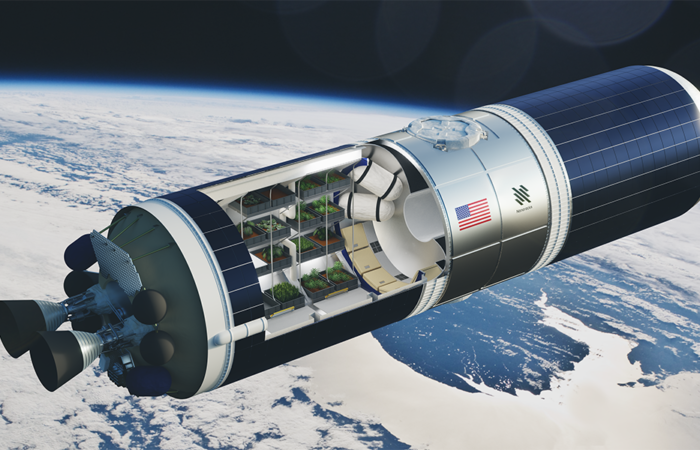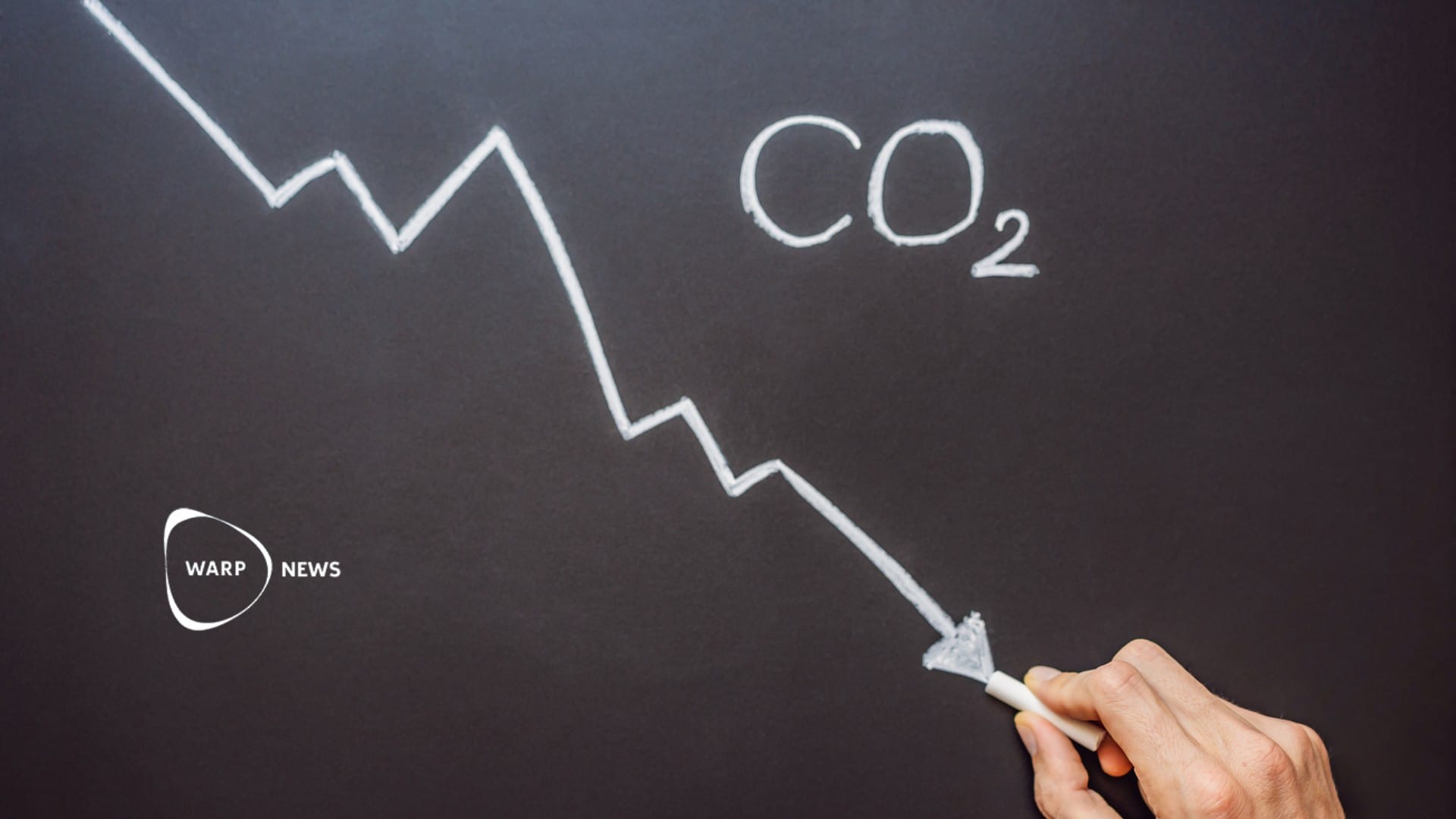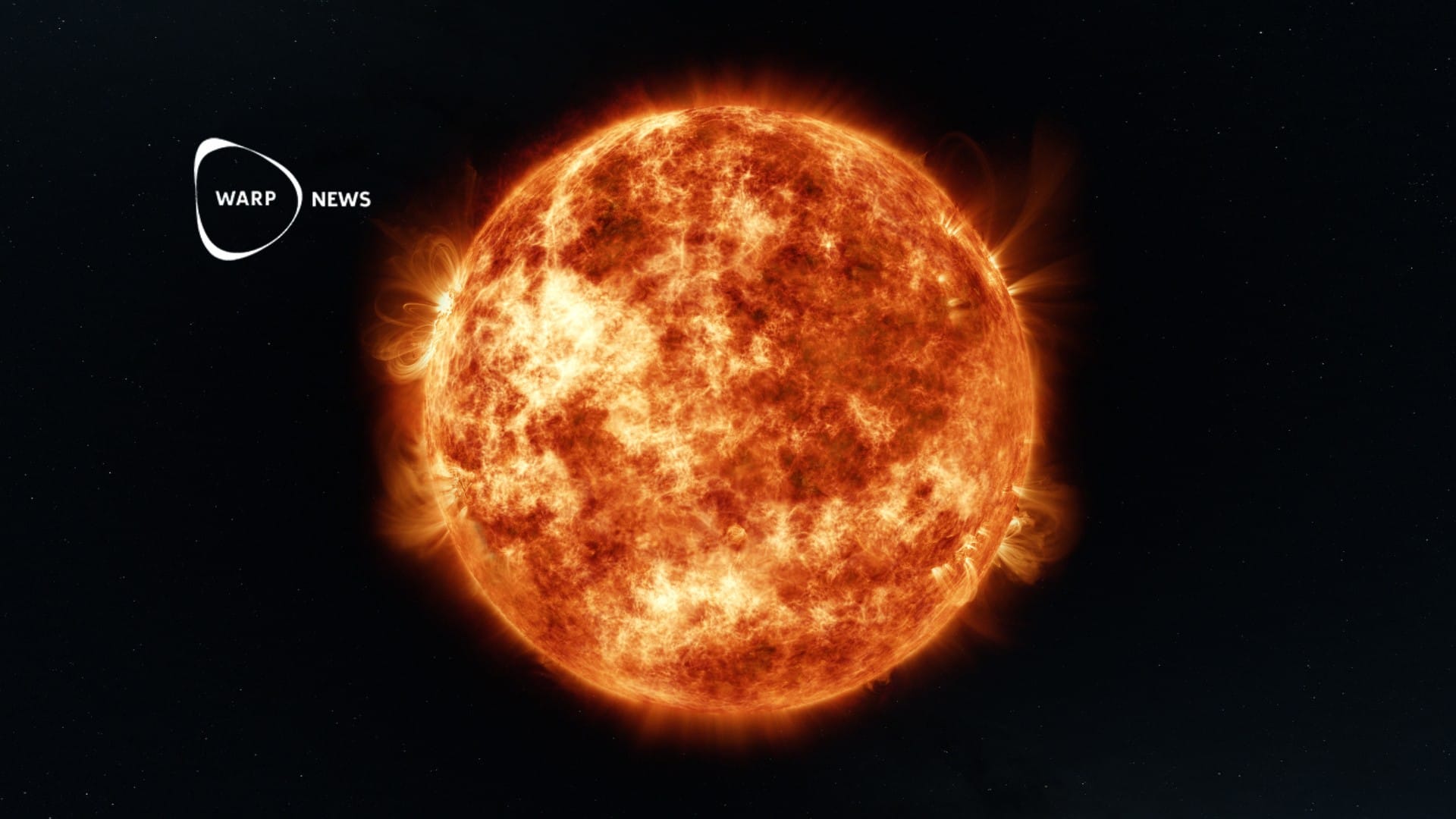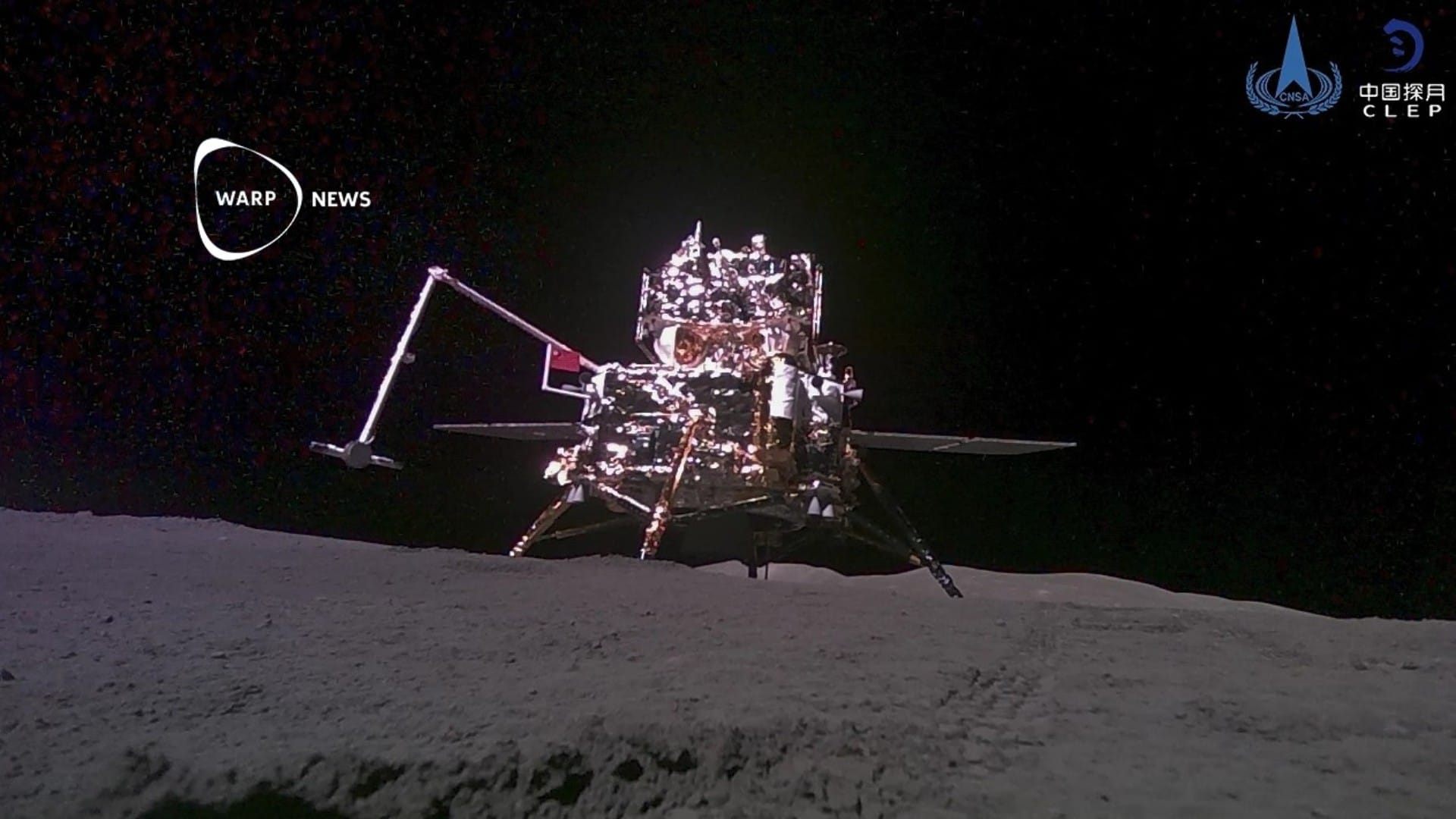
🌽 Space tech to give arid countries food surplus
Nanoracks and United Arab Emirates partner up to adapt AgTech originally envisioned for space travel for use in inhospitable regions on earth.
Share this story!
With permanent moon settlements and missions to Mars being planned for a not-too-distant future, many practicalities are to be resolved. Among these concerns is, of course, the prospect of supplying food for these long or even indefinite missions. A solution pursued by many is to grow crops on-site by developing solar greenhouses.
In a recent press release, Nanoracks announced that they've partnered with the Abu Dhabi Investment Office to develop these technologies, not only for use in space but on earth. To do this, Nanoracks has launched an AgTech offshoot called StarLab Oasis.
The desert country imports 90% of its food, making investments into these types of technologies much more urgent than for countries like the United States.
There's a major similarity between space and deserts: both are poorly suitable for growing crops, yet both have plenty of solar energy. At the same time, future climate change is likely to have a negative impact on currently existing agriculture, either from expanding deserts or unpredictable weather. Solar greenhouses have the potential to transform countries and regions from ones that can't feed their populations to ones with a surplus to export.
"a great amount of the world’s sustainable and economically efficient food production will one day come from deserts, harsh environments and off earth. All this is beginning now, in Abu Dhabi" states Allen Herbert, General Manager of StarLab Oasis.
This collaboration is expected to result in the first experimental greenhouse to open in the UAE in 2022.
Space Mutagenesis
Among the efforts involved in this collaboration is "space mutagenesis." By sending seeds to space, mutations are induced, in some cases resulting in more productive and resilient crops. The technique has been employed by China for 30 years, resulting in 200 mutated crops which have been cleared for cultivation.
Nanoracks have already flown plant seeds to the International Space Station. Among these were palm tree seeds chosen by the United Arab Emirates Space Agency, which are currently being studied at the United Arab Emirates University.
Nanoracks
Nanoracks was founded in 2009. Their idea is to give commercial access to space, something they're currently doing by launching satellites, but future plans include operating their own commercial space stations. The idea is that these stations could consist of spent rocket stages.
By becoming a premium supporter, you help in the creation and sharing of fact-based optimistic news all over the world.


